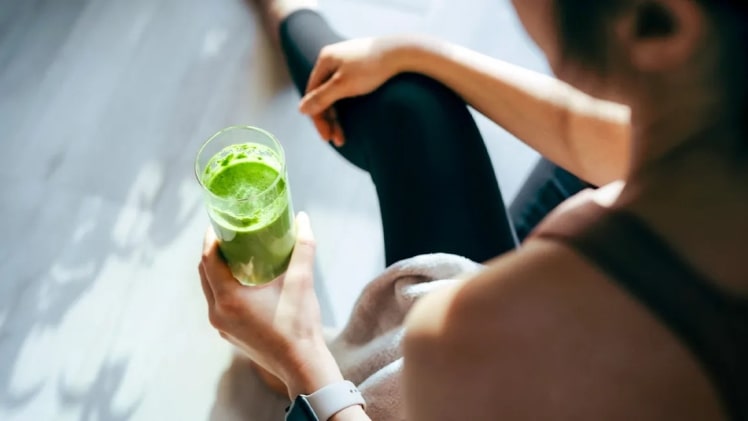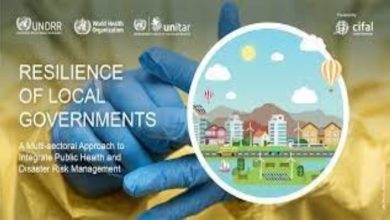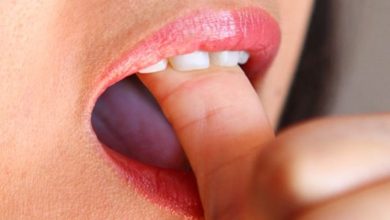The Side Effects of Detox Diets

Detox diets promise a healthy body, improved health, and a skinnier complexion by purging the body of toxins. Many of these diets cite broad categories of toxins as culprits in clogged systems, including synthetic chemicals, environmental pollutants, and medications. Listed below are some of the side effects of a 21-day detox diet. Hopefully, this information will help you make an informed decision. Also, read on to learn the benefits of a detox diet, and avoid the side effects of a detox plan.
Avoid detox diets that promise to detox your liver
While many people have heard of a detox diet, the truth is that this type of program is a scam. While the concept may be sound, many of the companies that promote detox diets use exaggerated claims and don’t base their claims on sound science. Some detox diets may encourage you to eat more fruit and vegetables or live an active lifestyle, but that’s about it.
Another thing to look out for in at-home-liver detox methods is enema. While these detox methods can remove harmful waste products from the body, improper use of this procedure can be life-threatening. There is no scientific research to back up these claims, and many of these liver detox diets are based on unproven herbal supplements and diet plans that do not contain the nutritional balance that our bodies need to function properly. Additionally, these plans can leave you vulnerable to drug-induced injury and weight gain.
Avoid detox diets that promise to detox your kidneys
The term “detox” is a catch-all term that encompasses many different health issues. The kidneys, like other organs, filter waste products and are made up of many different blood vessels. The kidneys do more than simply function as filters. Detox diets often involve restricting the foods and beverages you eat and restricting the amount of calories you consume. In addition, certain foods and drinks can have negative effects on your kidneys, so if you find yourself interested in a kidney detox diet, be sure to consult with your doctor first.
Toxin-filtering kidneys are essential to our health. They also filter waste materials, regulate pH levels, and balance electrolytes in our blood. Healthy kidneys also help manage blood pressure, filter proteins, and produce a number of hormones. Detoxification diets may contain dangerous herbs that may lead to adverse side effects. Further, there are few studies on the effectiveness of detox diets in improving health. While some of them have shown promising results in blood pressure reduction, they have been associated with a number of other risks as well.
Avoid detox diets that exclude foods such as wheat and dairy
While some detox diets may seem appealing at first, cutting out these foods can be harmful and have negative health effects. Instead of following a detox diet that restricts your intake of certain foods, focus on consuming whole foods as a replacement for these. A detox diet is not a fast, but it does limit your energy and nutrient intake. This means it is not a good option for people who frequently consume a lot of meat or dairy.
The benefits of fruits and vegetables are often promoted on detox diets. While fruits and vegetables provide essential vitamins and minerals, they don’t cure anything. You should limit your intake of fruit juice and smoothies to 150ml per day. Fruits and vegetables also contain a lot of sugar, which slows down the body’s metabolism and fights the good bacteria in your gut. In addition, artificial ingredients are hard to break down and can be toxic to your liver.
Side effects of a 21-day detox diet
While taking a detox diet can have a variety of benefits, it can also have negative side effects. One of the most common side effects of the diet is headache, which can range from a migraine to a cluster headache. It may last for a few minutes or a couple of hours, depending on the severity and duration. If you’re a coffee drinker, you should reduce the amount you drink every day to one cup. In order to avoid withdrawal symptoms, try to cut out caffeine from your daily diet completely before starting the 21-day detox diet.
Fiber is essential for the body because it pushes things through the digestive tract and binds with toxins. A good way to increase your fiber intake during a detox program is to slowly increase the amount you eat over time. It’s a good idea to eat at least 20 grams of fiber daily, but make sure you increase it gradually. If you’re not used to eating so much fiber, you’ll experience gas and bloating for the first few days of your program.


